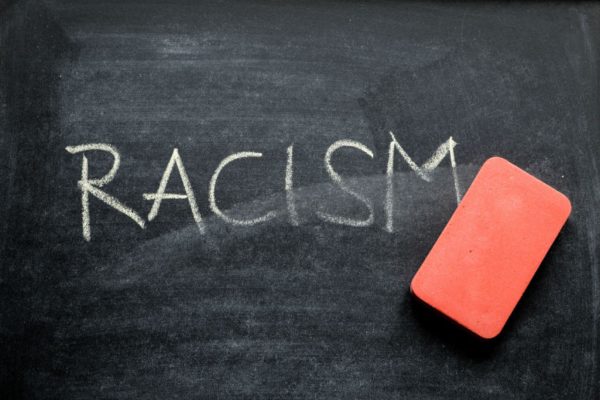The COVID-19 era has us focused on our families and our well-being, but this virus is also exposing something else: racial and socioeconomic disparities in our nation and world. As a society, we must find common purpose to unite in acting and speaking about these issues.
The adage “when white folks catch a cold, black folks catch pneumonia” (a reference to economic disparity) is apt considering the racial and socioeconomic consequences of COVID-19. Nationwide, 33% of COVID-related hospitalizations are black patients, yet black people comprise 13% of the U.S. population. Indeed, all of the COVID-19 deaths in St. Louis, Missouri, and 70% of deaths in Louisiana were of black people.
For many of us, COVID-19 has introduced the term “comorbidities” — underlying diseases that compound a new infection. No evidence suggests that black people are more susceptible to being infected by the coronavirus. Rather, diabetes, asthma, hypertension and obesity, all associated with poverty and limited access to health care and housing, are amplifying COVID-19’s impact among black Americans.
Underlying mistrust of health policymakers — earned from James Marion Sims’ gynecological experiments on black enslaved women and the Tuskegee syphilis study that ended in 1972 — has also led to a wariness and suspicion of public health messaging among some black Americans. Further, the precarious employment status of many black families leads workers to take risks, such as traveling to jobs because they lack sick leave or resources to take time off from work.
And it is not just black Americans: There are also similar, troubling signs in Native American communities. Racism and bias have also impacted Asians and Asian Americans during this pandemic, albeit in a different way. The illness first identified in China was intentionally named COVID-19 by the World Health Organization (WHO) to avoid stigmatization. But this caution has not been heeded by some political figures and commentators, who have used terms such as “China virus” and “Wuhan virus.”
Linking a nation and/or ethnic group to a deadly virus stokes the fires of bigotry. Such events have occurred around the world, including in the U.S. and Canada. Texas, in particular, has witnessed a stabbing of an Asian American family in a store in Midland categorized by the FBI as a hate crime. Media outlets report fear and prejudice directed toward Asians and Asian Americans, from insults to physical attacks.
It is tragic — at a time when our sense of community is already frayed by social distancing — that members of our community are being irrationally victimized and made to suffer. Acts of mistreatment from the Chinese Exclusion Act in 1882 to the present have forced Asian Americans to negotiate the “perpetual foreigner” stereotype. These examples of racism fuel the idea that Asians can never be part of the American fabric, precisely at a time when we need to come together.
Scapegoating and racism create fear and distrust — worthy catalysts for a deadly virus. Forcing people into the shadows leads to less effective public health measures, which can actually exacerbate the spread of the coronavirus. As the Centers for Disease Control and Prevention (CDC) states on its website, “Diseases can make anyone sick regardless of their race or ethnicity. Fear and anxiety about COVID-19 can cause people to avoid or reject others even though they are not at risk for spreading the virus.”
Defeating the coronavirus will require a sense of unity beyond what we have historically displayed. The intersecting evils of racism, economic disparity and inadequate health care are costing lives.
On a policy level, confronting inequities in these areas and understanding the mutuality between them can save lives. We should ensure that nobody is stigmatized or blamed for originating the virus, and we should help health professionals by speaking out when others use inaccurate and prejudicial terms. The CDC, WHO and health experts are our most reliable sources of information, not those who seek to divide us.
Let’s rely on substantive science rather than spin as we endeavor to emerge victorious over COVID-19.
Richard J. Reddick is an associate professor and associate dean for equity, community engagement and outreach for the College of Education at The University of Texas at Austin, where he also holds courtesy appointments in the Department of African and African Diaspora Studies, the Institute for Urban Policy Research and Analysis and the Warfield Center for African and African American Studies.
A version of this op-ed appeared in the Austin American Statesman and the Corpus Christi Caller Times.




